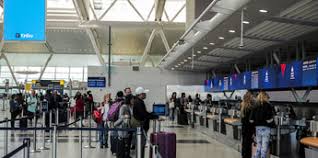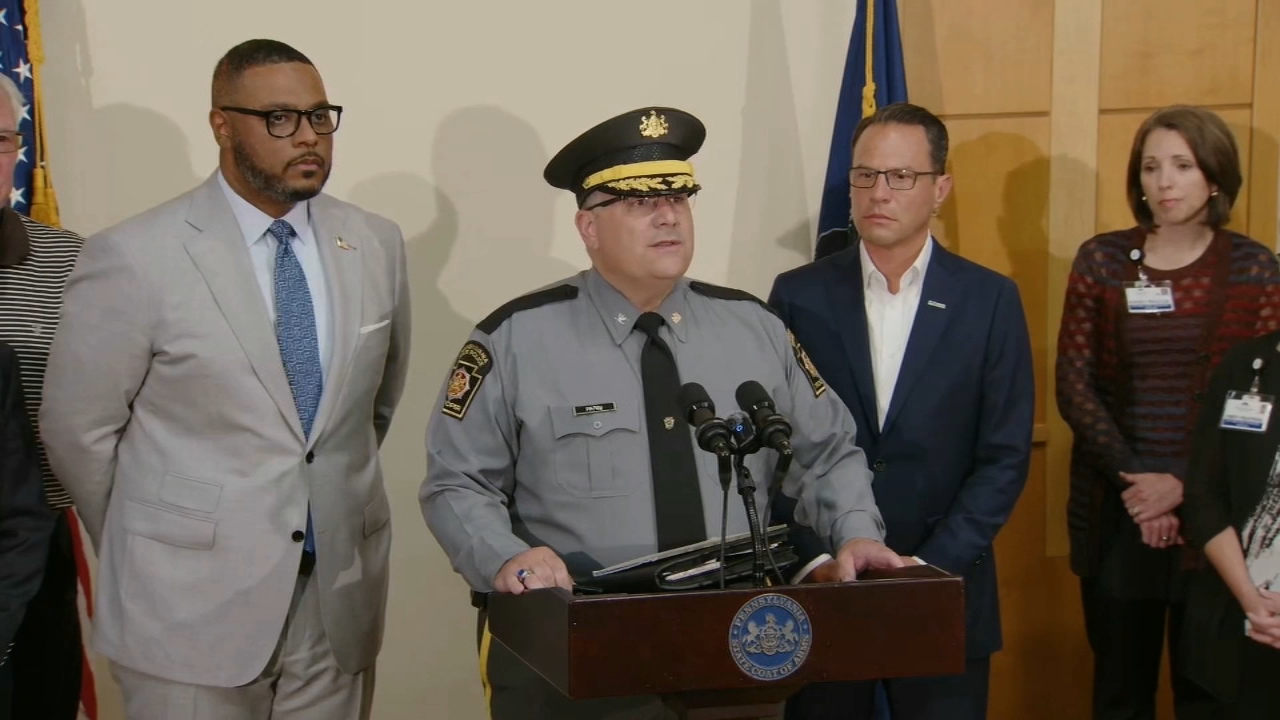President Donald Trump’s administration is set to implement a policy requiring visa applicants from Zambia and Malawi to pay bonds of up to $15,000 for specific tourist and business visas.
The United States government has announced a new visa policy that will require travelers from Malawi and Zambia to pay a $15,000 (approximately £11,300) bond as a condition for obtaining tourist or business visas. This new measure, introduced under a 12-month pilot program by the U.S. State Department, is intended to reduce visa overstays and strengthen immigration enforcement mechanisms.
According to a public notice issued by the State Department, the policy will apply specifically to citizens applying for B-1 (business) or B-2 (tourism) non-immigrant visas. The initiative is targeted at countries identified as having elevated visa overstay rates, inadequate information-sharing practices during the vetting process, or those that offer citizenship through investment programs without a minimum residency requirement.
$15000 Visa Bond form financial security
The visa bond, which functions as a form of financial security, will be refunded at the end of the individual’s stay in the U.S., provided they comply with the terms of their visa and depart the country on time. While the pilot program currently focuses on Malawi and Zambia, U.S. officials have indicated that the list of applicable countries could expand in the future, depending on compliance data and evolving national security assessments.
The policy stems from broader efforts by the U.S. government to curb illegal immigration and reduce abuse of the visa system. The initiative also aligns with the immigration priorities of former President Donald Trump, who, upon beginning his second term in office, signed executive orders aimed at tightening entry controls and increasing scrutiny of foreign nationals entering the United States.
The official notice issued by the State Department outlines the policy in clear terms: “Aliens applying for temporary visas for business or tourism (B-1/B-2) and who are nationals of countries designated by the Department for high visa overstay rates, inadequate vetting procedures, or offering Citizenship by Investment with no residency requirements, may be required to post a bond of up to $15,000. The determination will be made at the discretion of consular officers.”
$15000 Visa Bond to curb tourist incompliance
Data from the U.S. Department of Homeland Security, released in 2023, shows that around 14% of visitors from Malawi failed to depart the U.S. within the permitted timeframe of their visa, while Zambia recorded an overstay rate of approximately 11%. Other nations with notably high overstay rates include Haiti, with a 31% rate; Myanmar, at 27%; and Yemen, at 20%.
Since returning to office in January, President Trump has continued to push a restrictive immigration agenda. His administration has taken a series of actions to limit entry into the U.S., including rolling back humanitarian protections for migrants already residing in the country under special programs. Additionally, the administration has issued travel bans affecting citizens from 12 different nations and imposed partial restrictions on individuals from seven other countries.
The administration has also taken aim at foreign students and individuals deemed to be acting against U.S. interests. Several international students have reportedly had their visas revoked without prior notice or access to an appeal process, and some have been detained on university campuses. According to immigration attorneys, while many of the affected individuals have engaged in political advocacy—particularly pro-Palestinian activism—others have been penalized for relatively minor legal infractions, such as traffic violations or previous criminal charges.
How important $15000 Visa Bond is
A spokesperson for the State Department emphasized that the bond requirement and other restrictive measures are being implemented as part of broader efforts to uphold U.S. national security and immigration integrity. “We are focusing on individuals whose actions are considered to contradict the interests of the United States,” the spokesperson said.
The introduction of the visa bond pilot program has sparked debate among immigration advocates, who argue that such financial requirements may disproportionately affect travelers from low-income countries and restrict legitimate travel. Nonetheless, the U.S. government has maintained that the measure is necessary to ensure compliance with immigration laws and deter potential misuse of the visa system.


